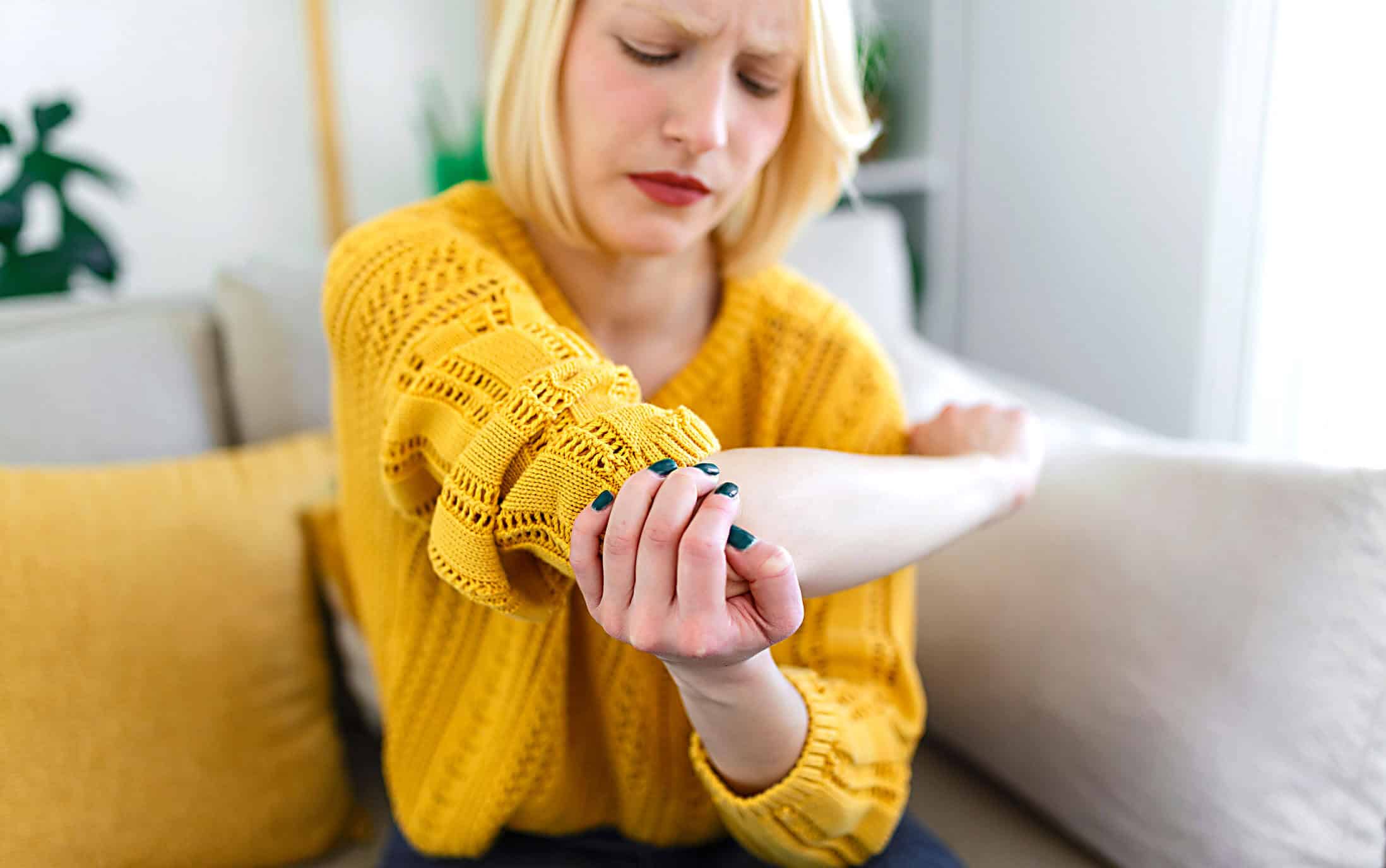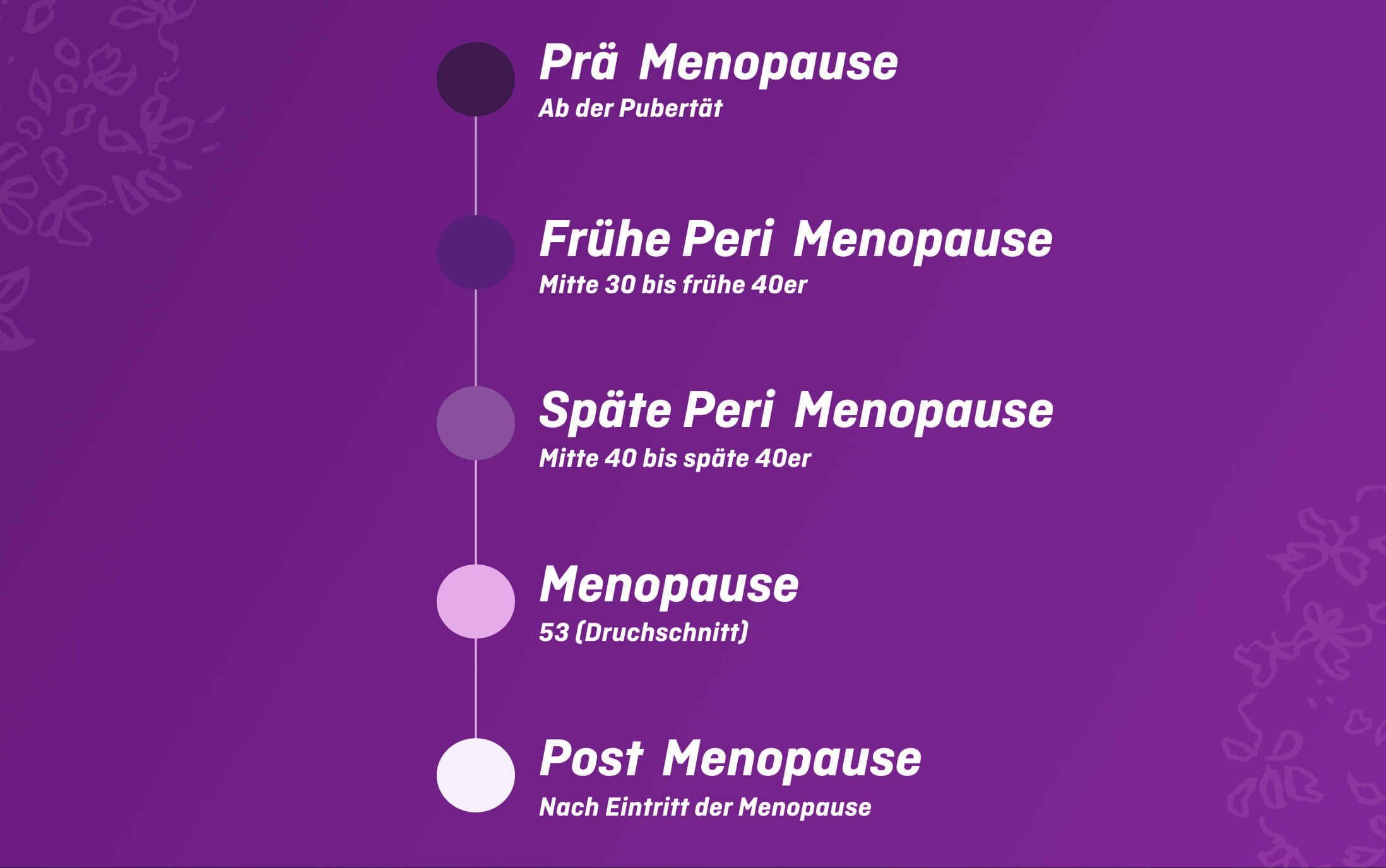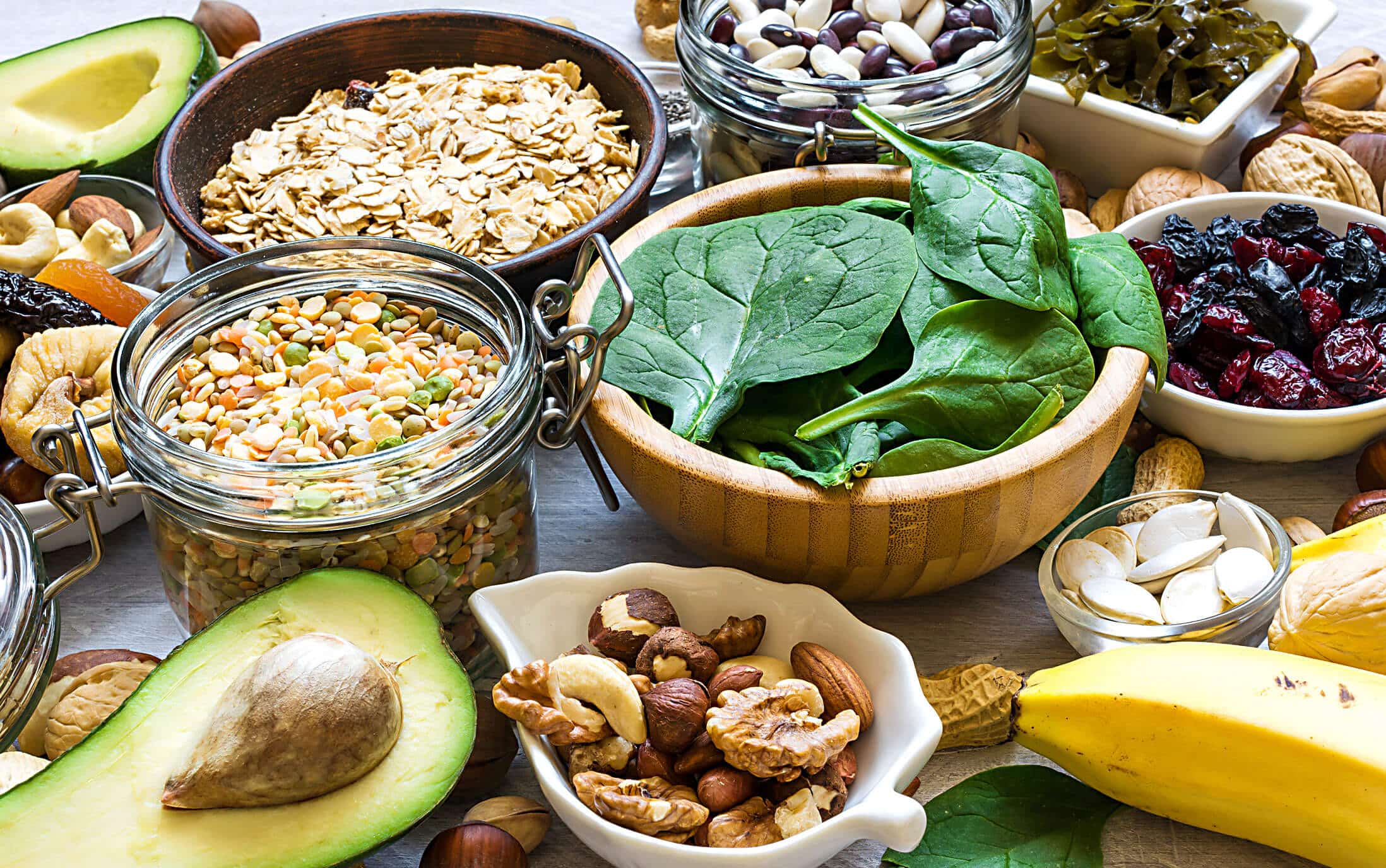What can you do for your bone health?
Every women should confront this question no later than the menopause, as osteoporosis – a bone disease – occurs in women later and more frequently.

As we get older, bone mass in women and men alike gradually falls, virtually as a normal aging process. More severely pronounced bone dissipation of this nature is called osteoporosis, with the risk of bone breaks increased due to the decrease in bone density. In women, the oestrogen deficiency caused by the menopause is a key risk factor.
Osteoporosis is a slow process and remains undetected for a long time. Only once it has reached an advanced stage does it make itself noticeable through back problems, bone pain and an increased tendency towards bone breaks (mainly from trivial causes). The formation of a rounded back (known as a dowager’s hump) and an associated decrease in size are typical.
Osteoporosis is mainly a female issue: At the age of 50–60 years, 15–20% of women experience osteoporosis, with almost half of women over 70 affected.
There are three main tips you should follow for your bone health:
Healthy bones need calcium and vitamin D3. In particular, dairy products and vegetable varieties such as cabbage, broccoli and fennel are rich in calcium. Some mineral waters also supply notable amounts of calcium (more than 150 mg/l).
Vitamin D3 is not called the sun vitamin for nothing, with the body able to produce around 80% of its requirement by regularly spending time outdoors. Above all, fatty fish, eggs, mushrooms and avocado are rich in vitamin D3.
What’s more: menolle® contains plenty of vitamin D and calcium, meaning you can cover your recommended daily requirement according to European NRV values with 2 capsules a day.
Avoid bone robbers: Coffee, cooking salt, phosphate-based foods (mainly cheese, pulses, fast food and cola) or even laxatives reduce absorption from food, promote excretion or take calcium away from the bones. Tip: Spinach and chard are often cited as good sources of calcium, but they also contain oxalic acid, causing the calcium to be poorly utilised.
Excess nicotine and alcohol consumption also have a detrimental effect on bone health. Several studies have proven that smoking reduces bone density by stimulating bone-degrading substances (known as osteoclasts). Alcohol promotes the elimination of calcium and reduces the formation of vitamin D3 in the liver.
Move your bones: A lack of exercise promotes the formation of osteoporosis, meaning that regular exercise is good for health bones, and is best done in the fresh air – the key word here is the sun vitamin.
Stockists
menoelle® menopause tablets can be purchased in dm, Rossmann, Müller, BUDNI and Globus branches.
menoelle® menopause tablets can also be purchased online at menoelle, aponow, dm, Rossmann, Müller, Amazon.






